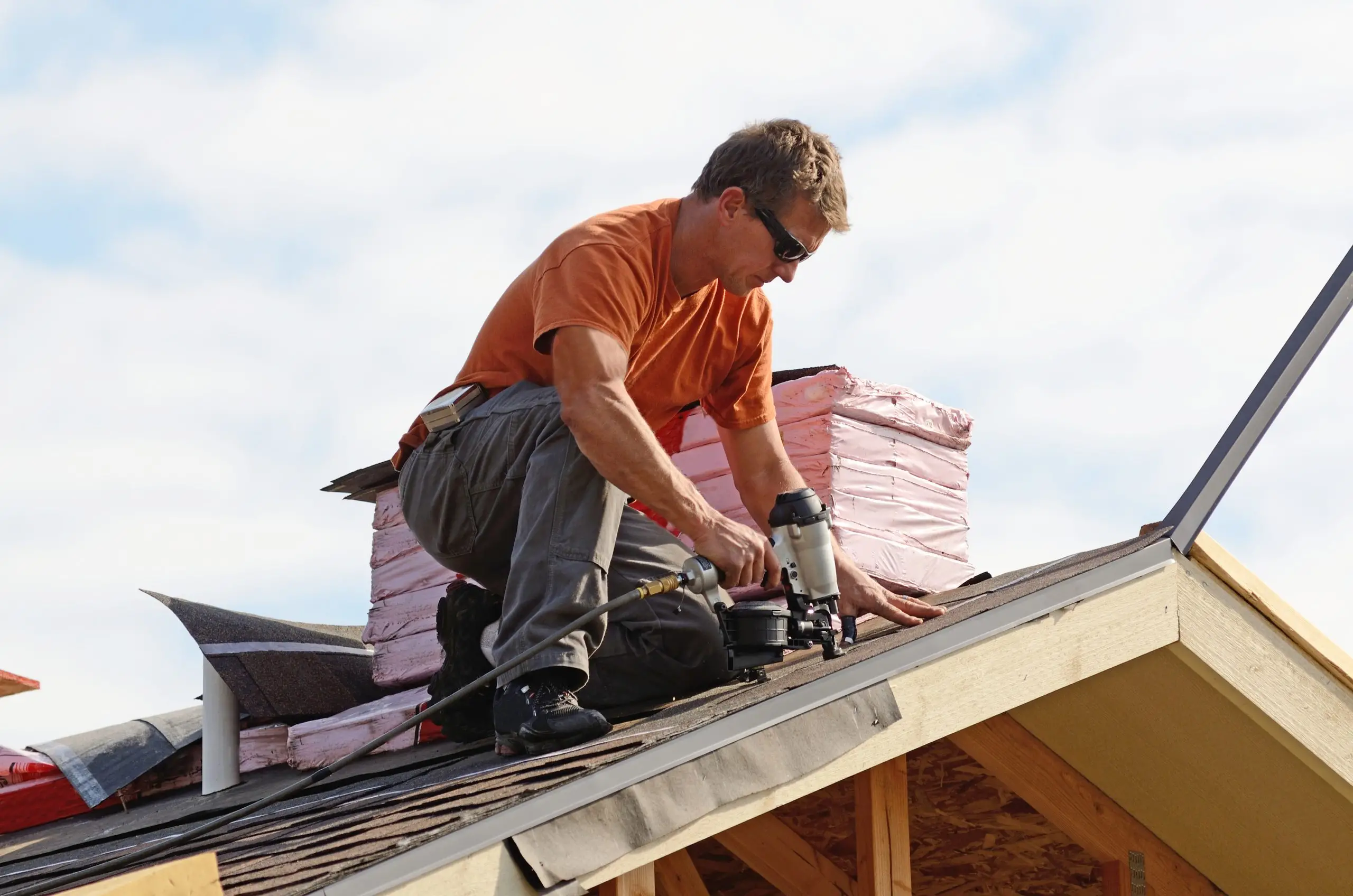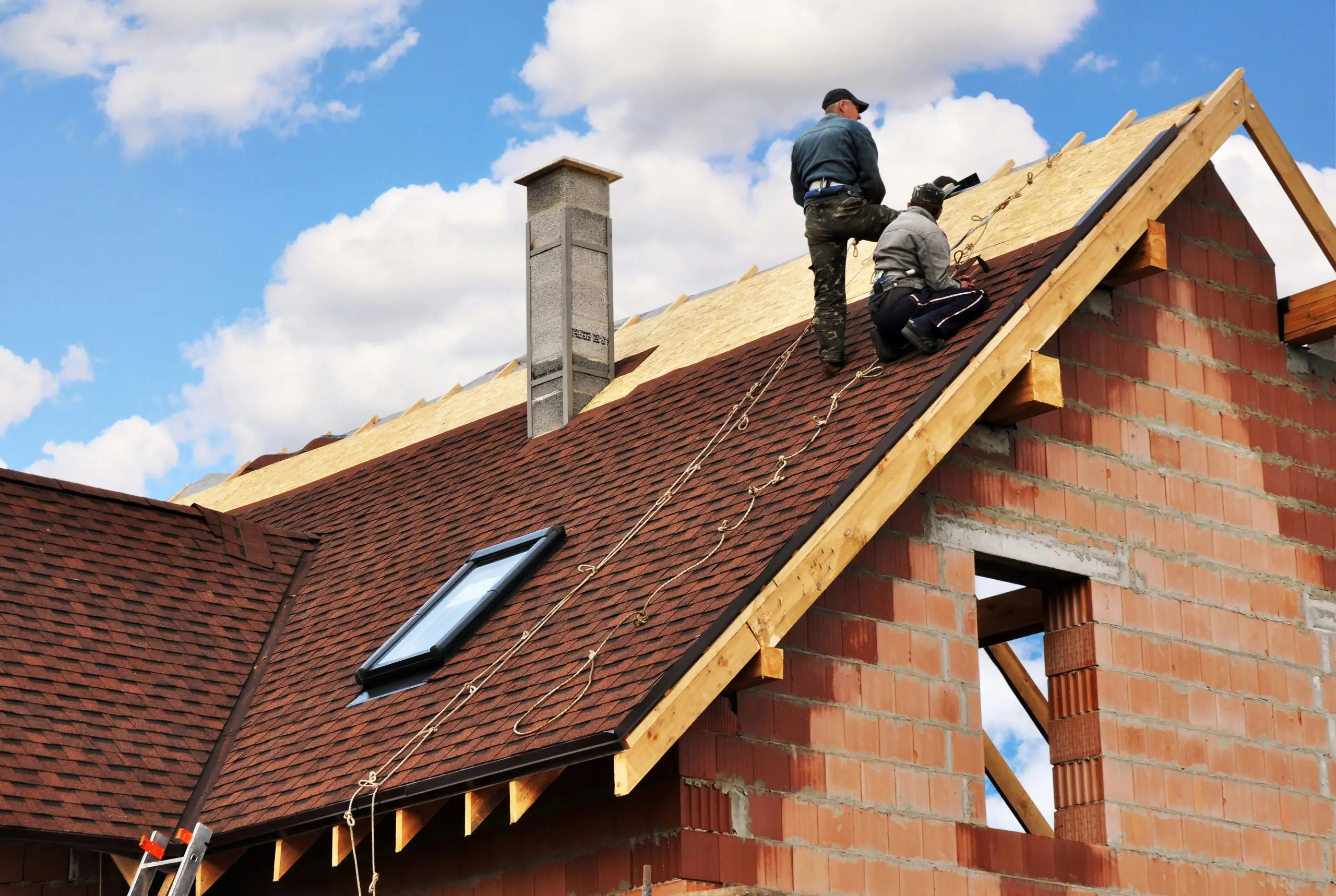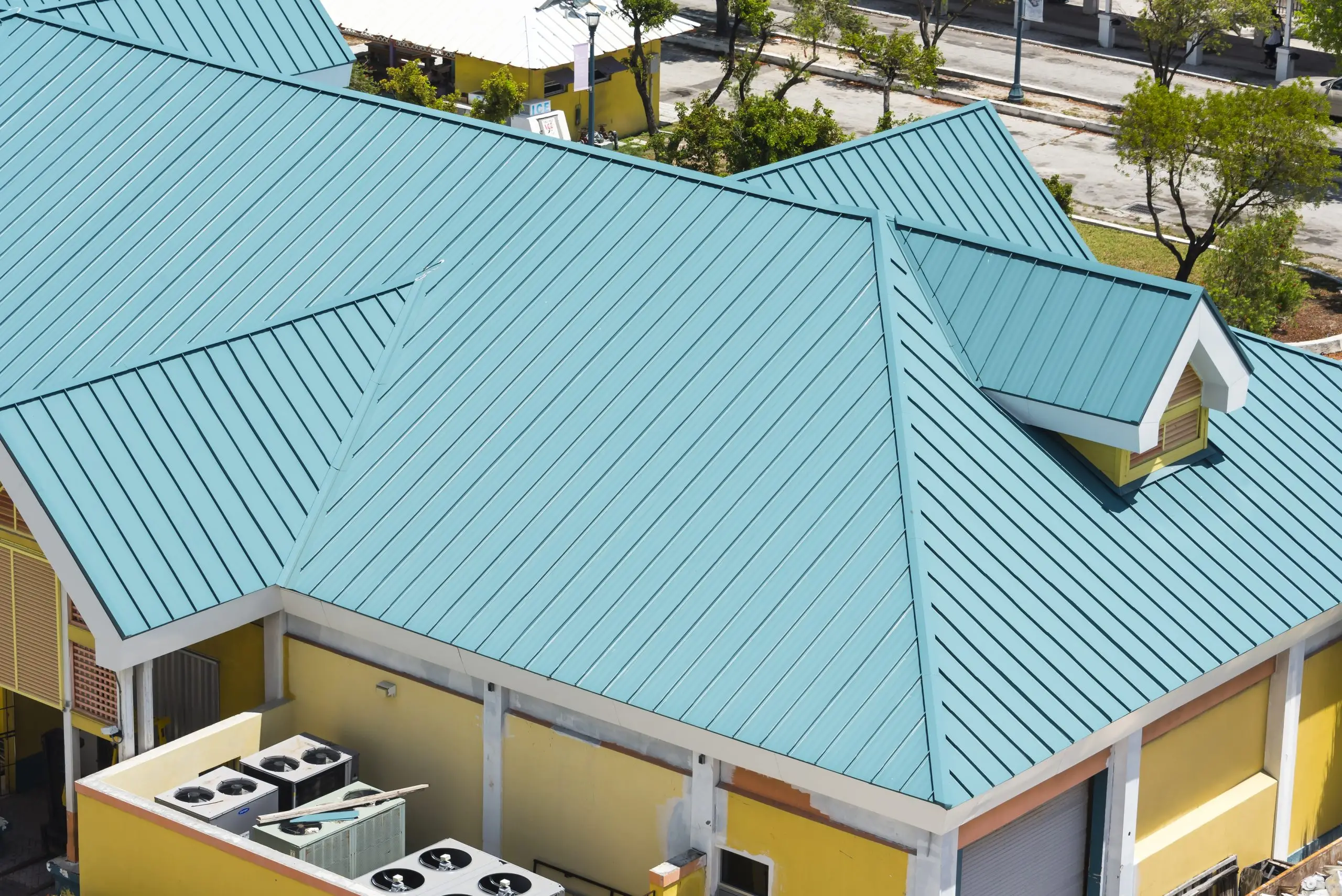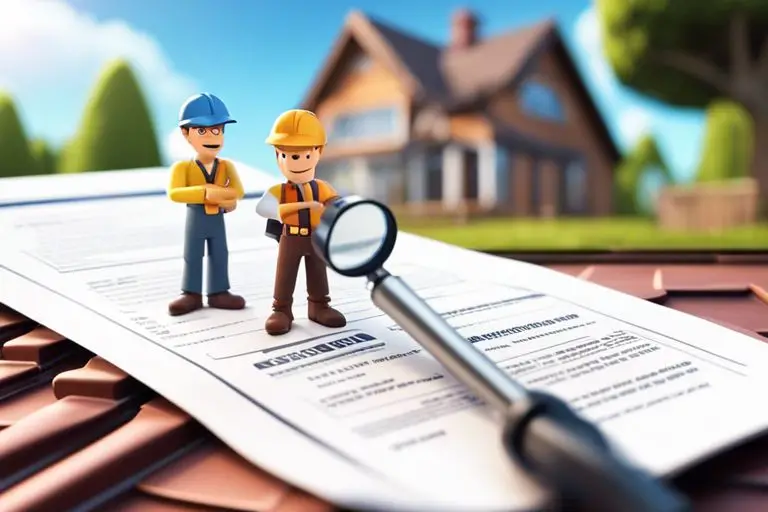The roofing industry is rife with warranties and guarantees that can vary significantly from one contractor to another. Understanding the differences and making informed decisions about roofing warranties and guarantees can save homeowners from costly mistakes and unexpected surprises down the road. Whether you are looking to repair, replace, or install a new roof, knowing what warranties and guarantees cover is crucial for protecting your investment and ensuring peace of mind. In this blog post, we will research into the intricacies of roofing warranties and guarantees to help you navigate this crucial aspect of roofing projects.
Key Takeaways:
- Roofing warranties provide protection against defects in materials or poor workmanship for a specified period of time.
- Manufacturer warranties cover the roofing materials themselves, while workmanship warranties typically cover the installation labor.
- It is important to read the warranty terms carefully to understand what is covered and excluded from the warranty.
- Roofing guarantees are promises from the roofing contractor about the quality of their work and may offer additional protection beyond the warranty.
- Some roofing warranties may become void if the roof is not properly maintained according to the manufacturer’s guidelines.
- Make sure to hire a reputable roofing contractor who offers comprehensive warranties and guarantees for both materials and workmanship.
- Regular inspections and maintenance can help preserve the warranty and ensure that any issues are addressed promptly.

Understanding Roofing Warranties
Types of Roofing Warranties
For homeowners considering a new roof, it’s vital to understand the different types of roofing warranties available. The three main types are manufacturer warranties, workmanship warranties, and extended warranties. Manufacturer warranties cover the materials used in the roof, while workmanship warranties guarantee the quality of the installation. Extended warranties typically combine both types and may offer additional coverage for a longer period. Recognizing the distinctions between these warranties can help homeowners make informed decisions when investing in a new roof.
| Manufacturer Warranties | Workmanship Warranties |
| Cover materials | Guarantee installation quality |
| Typically provided by the product manufacturer | Offered by the roofing contractor |
| May have specific conditions for coverage | Covers labor and workmanship defects |
| Varies in duration and extent of coverage | Does not cover normal wear and tear |
Durability and Scope of Coverage
Any roofing warranty will specify the duration and scope of coverage provided. It is crucial for homeowners to carefully review these details to understand exactly what is included and what is excluded. Coverage may include protection against defects in materials or workmanship, but it is vital to note any limitations or exclusions that could void the warranty. Recognizing these specifics can help homeowners make informed decisions and ensure they are adequately protected in case of any issues with their roof.
Coverage details in a roofing warranty can vary widely, so it is crucial to read the fine print and fully understand what is covered. Some warranties may only cover defects in materials, while others may include workmanship errors or even offer protection against specific types of damage. Homeowners should pay close attention to the duration of coverage, as well as any requirements for maintenance or inspections to keep the warranty valid. By understanding the scope of coverage, homeowners can avoid potential pitfalls and ensure their investment is protected for the long term.

Evaluating Guarantees and Service Contracts
While What is a Standard Roofing Warranty? Your Coverage … provides an overview of typical roofing warranties, evaluating guarantees and service contracts is necessary for homeowners considering roofing projects. It’s important to understand the details of the guarantees and service contracts offered by roofing companies to ensure you are getting the best protection for your investment.
What Roofing Guarantees Cover
With roofing guarantees, homeowners can expect coverage for specific aspects of the roof, such as leaks, materials, or workmanship. However, it’s crucial to carefully review the terms and conditions of the guarantee to understand what is included and excluded from coverage. Some guarantees may have limitations or exclusions that could impact the level of protection provided.
Benefits of Service Contracts
Benefits of service contracts for roofing include regular maintenance, inspections, and priority service in case of emergencies. Service contracts can help extend the lifespan of your roof by addressing small issues before they escalate into major problems. Additionally, having a service contract in place can provide peace of mind knowing that your roof is being professionally maintained on a regular basis.
Service contracts can also save you money in the long run by preventing costly repairs or premature replacements. By investing in a service contract, homeowners can ensure that their roof remains in top condition and performs optimally throughout its lifespan.

Claiming on Your Warranty or Guarantee
After purchasing a roofing warranty or guarantee, it is vital to understand the terms and conditions outlined in the agreement. To ensure you are fully informed, take the time to review what is covered in your warranty by visiting Understanding What Your Roof Warranty Covers.
Steps to File a Claim
Guarantee: If you encounter issues with your roof that fall under the warranty or guarantee, the first step is to contact the roofing company or manufacturer. Provide documentation of the problem, such as photos and a detailed description. Follow the prescribed process for filing a claim to ensure a smooth and efficient resolution.
Common Issues and Resolutions
For a better understanding of common issues that may arise with roofing systems, it is crucial to be aware of potential problem areas. Understanding the root cause of these issues can help in implementing effective and long-lasting resolutions. Common problems such as leaks, missing shingles, or poor installation can often be addressed and resolved through the terms outlined in your warranty or guarantee.
Importance of Choosing the Right Contractor
Not all roofing warranties and guarantees are created equal. In order to fully understand what you are getting with your roofing warranty, it is crucial to choose the right contractor for the job. Oftentimes, the quality of the installation and the reputation of the contractor can directly impact the coverage and longevity of your warranty. To explore deeper into this topic, check out The Ins and Outs of Roof Replacement Warranties Explained.
Contractor’s Role in Warranties and Guarantees
For any roofing warranty to be valid, the contractor’s role is pivotal. A reputable contractor will ensure that the installation is done according to industry standards and manufacturer guidelines. They play a significant part in upholding the warranty by providing quality workmanship and addressing any issues that may arise during the warranty period.
Verifying Contractor Credentials
Contractors should be thoroughly vetted before hiring them for your roofing project. A licensed and insured contractor is a must to ensure that they have the necessary qualifications and protections in place. Additionally, checking references and reviews can give you insight into their reputation and past work quality.
Summing up
Taking this into account, roofing warranties and guarantees play a crucial role in providing homeowners with reassurance and protection for their investment. By understanding the differences between the two and carefully reviewing the terms and conditions, homeowners can make informed decisions when choosing a roofing contractor. It is crucial to prioritize reputable contractors who offer comprehensive warranties and guarantees to ensure quality workmanship and long-lasting roof performance. In the end, having a clear understanding of roofing warranties and guarantees will ultimately lead to greater peace of mind and satisfaction with your roofing project.
FAQ
Q: What is a roofing warranty?
A: A roofing warranty is a guarantee from the roofing contractor or manufacturer to cover defects in materials or workmanship for a specified period after the installation of a new roof.
Q: What types of roofing warranties are available?
A: There are typically two types of roofing warranties: manufacturer warranties that cover the roofing materials and workmanship warranties that cover the installation of the roof.
Q: What does a manufacturer warranty cover?
A: A manufacturer warranty typically covers defects in the roofing materials, such as shingle defects, for a specified period after the roof is installed.
Q: What is a workmanship warranty?
A: A workmanship warranty covers the installation of the roof and ensures that the roofing contractor will repair any issues related to poor workmanship during the specified warranty period.
Q: How long do roofing warranties typically last?
A: Roofing warranties vary in length, but they typically last between 10 and 30 years, depending on the type of warranty and the roofing materials used.
Q: Are there any conditions that can void a roofing warranty?
A: Yes, common conditions that can void a roofing warranty include improper installation, lack of maintenance, and making unauthorized repairs or modifications to the roof.
Q: How can I make a warranty claim for my roof?
A: To make a warranty claim for your roof, you should contact the roofing contractor or manufacturer directly and provide any necessary documentation, such as proof of purchase and photos of the issue.

